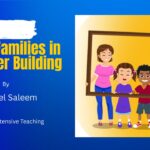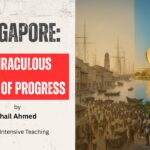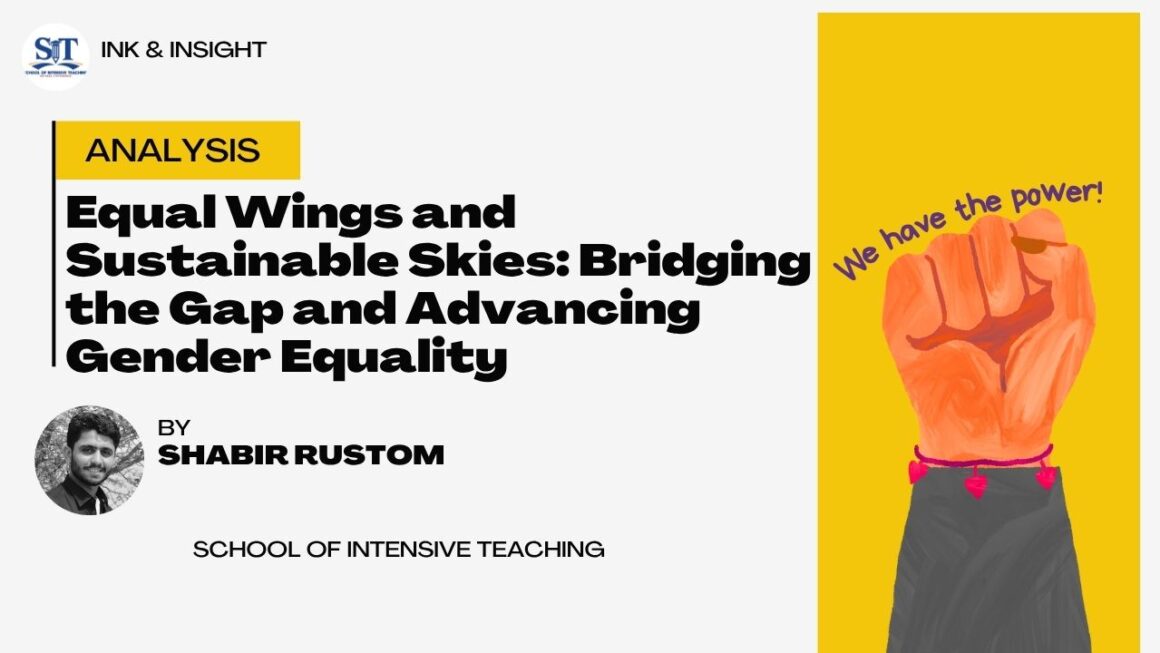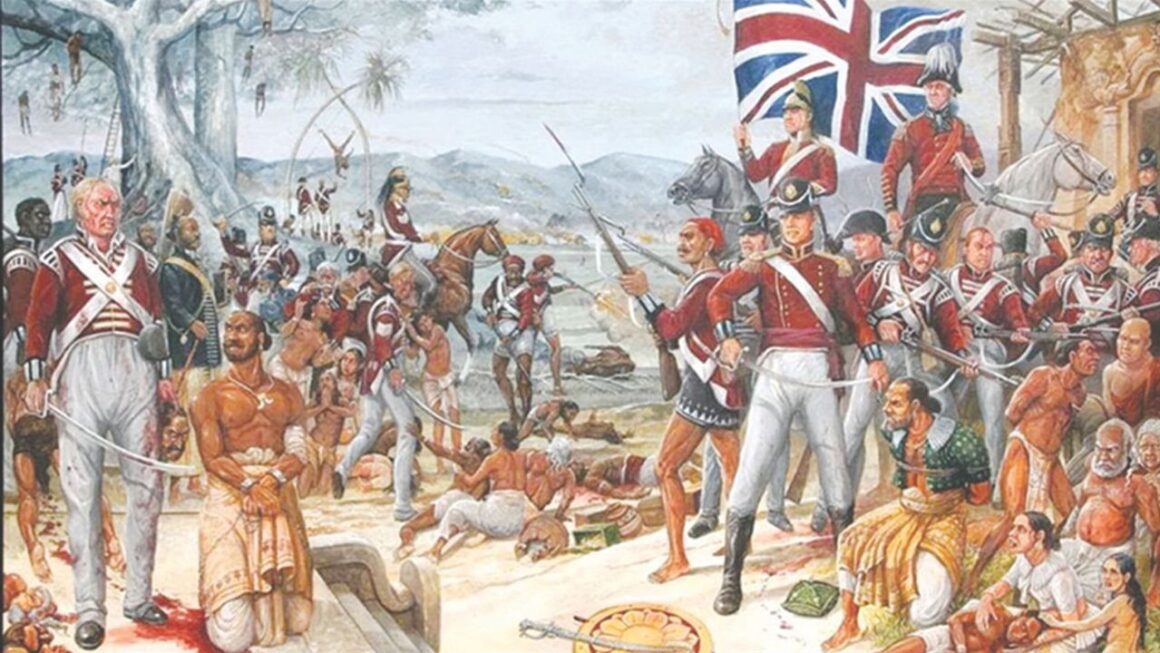Hub is a district and an industrial zone in Balochistan. According to the 2017 census, it ranked 49th largest city in the country and fourth providence-wide in population. However, the city has failed to provide a comfortable library to its residents. Unfortunately, the new district has only one public library available to students. Students from different parts of the city cannot maintain a concentrative learning environment due to the unavailability of rooms, books, and all other digital requisites in the library.
The unavailability of rooms is an obstacle to concrete active learning in Hub Public Library. In the library, fifty students can hardly access comfortable space as the library is facilitated only with three rooms. Giving no attention to self-comfort, some students manage themselves in the yards to maintain a proper learning schedule. Additionally, the library is facilitated with three bookcases where the modernity of books could be improved. Having no meet-up with students’ level of interest, books in the library are considered useless. Apart from the abovementioned issues, some environmental issues have also been associated with the library. Rooms and side yards of the library that lack a look-up of purity seem clenched with noise pollution, resulting in disturbance and inflexibility for learners.
It is a weird coincidence that a city that holds the roots of industries faces the plight of education. In comparison to such cities in other provinces, Hub is an ignored city with a dysfunctional public library. Likewise, Karachi is facilitated with Central Library Karachi, Lahore with Quid-e-Azam Library Lahore, and Islamabad with National Library Islamabad. Hub has a three-roomed library with few chairs, a UPS system with a lifeline of thirty minutes, and no access to drinking water.
Moreover, girls also face major issues because the library literally ignores their existence. Hub library mostly provides space for boys as there are only six chairs. Lack of space, pure drinking water shortage, and washrooms are other barriers. Irrespective of all these hurdles, the library staff also adds insult to students injury. The watchman and other librarians misbehave with students, but students ignore them as they fear library closure.
To give a rapid rise to the developmental theories of a province, the government ought to establish education-related sources a lot because it is education that gives birth to plans for going forward. Thus, I suggest the concerned authorities look up our academic woes.
About the Author:

Shehzad Peeral
Contributor at SIT Ink & InsightShehzad Peeral is an alumni of School of Intensive Teaching [SIT], Hub. He regularly writes about social issues in different newspapers. He also keeps an interest in sketching.













